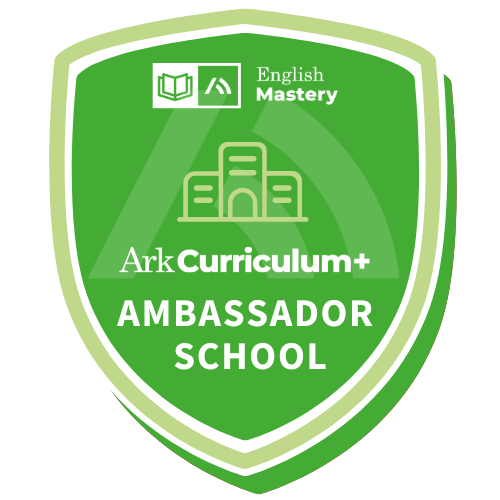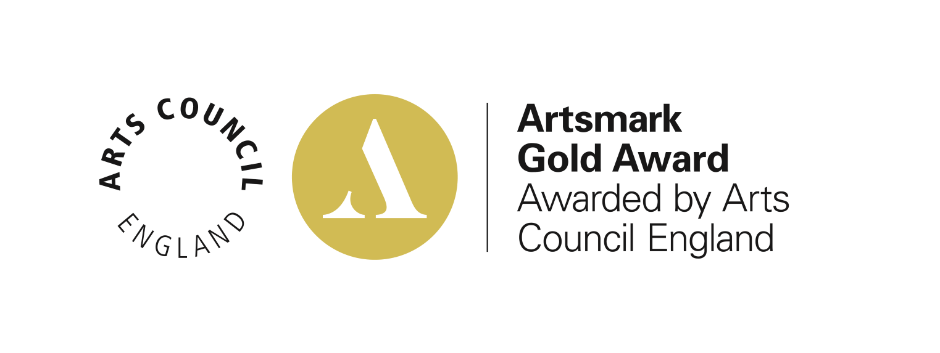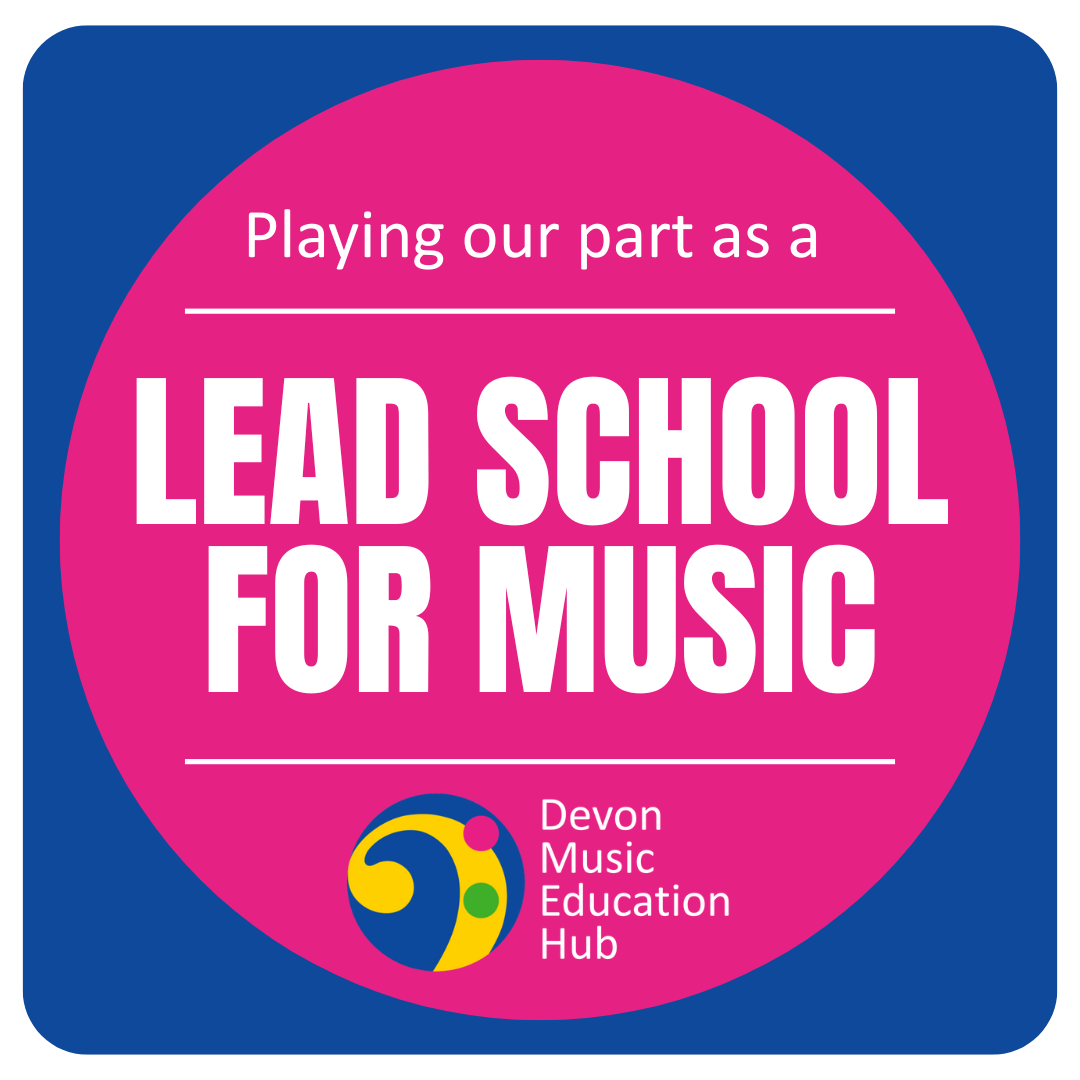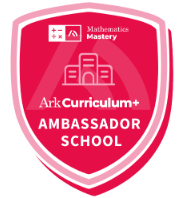- Read Write Inc, a program to help to your child read at school
- Encouraging children to develop a love of books by reading to them daily, at home and at school
- Giving children access to a wide range of books at school and at home
At Lift Barton Hill, we use Read Write Inc Phonics (RWI) to give your child the best possible start with their literacy. We have put together a guide to how the RWI programme works together with some useful links.
Mrs McGuire is our Read Write Inc lead teacher, so if you have questions about RWI, contact school who can refer you to her. Please take the time to read the information as it will provide invaluable information as to how you can help and support your child in reading.
What is Read Write Inc?
Read Write Inc (RWI) is a phonics complete literacy programme which helps all children learn to read fluently and at speed so they can focus on developing their skills in comprehension, vocabulary and spelling. The programme is designed for children aged 4-7. RWI was developed by Ruth Miskin and more information on this can be found at https://ruthmiskin.com/en/find-out-more/parents/.
How will RWI be taught?
All children are assessed regularly by our RWI lead teacher so they work with children at the same level. This allows complete participation in lessons.
Reception
In Reception all children will learn how to ‘read’ the sounds in words and how those sounds can be written down.
Reading
The children:
- learn 44 sounds and the corresponding letters/letter groups using simple picture prompts – see below
- learn to read words using Fred talk and sound blending
- read from a range of storybooks and non-fictions books matched to their phonic knowledge
- work well with partners
- develop comprehension skills in stories by answering 'Find It' and 'Prove It' discussion questions
Writing
The children:
- learn to write and form the letters/letter groups which represent the 44 sounds with the help of fun phrases
- learn to write words by using Fred Talk
- learn to build sentences by practising sentences out loud before they write
Talking
The children
- They work in pairs so that they:
- answer every question
- practise every activity with their partner
- take turns in talking and reading to each other
- develop ambitious vocabulary
Year 1 & Year 2
Children follow the same format as Reception but will work on complex sounds and read books appropriate to their reading level with an additional focus on writing and applying learnt knowledge. Daily sessions of RWI phonics last for 1 hour. The RWI strategies are also applied in daily literacy lessons in class.
Five key principles underpin the teaching in all Read Write Inc. sessions:
Purpose – know the purpose of every activity and share it with the children, so they know the one thing they should be thinking about
Participation – ensure every child participates throughout the lesson. Partnership work is fundamental to learning
Praise – ensure children are praised for effort and learning, not ability
Pace – teach at an effective pace and devote every moment to teaching and learning
Passion – be passionate about teaching so children can be engaged emotionally.
Children will be taught how to read as follows:
Before you start to teach your child, practise saying the sounds below.
These are the sounds we use to speak in English.
Fred Talk
We use pure sounds (‘m’ not’ muh’,’s’ not ‘suh’, etc.) so that your child will be able to blend the sounds into words more easily.
At school we use a puppet called Fred who is an expert on sounding out words! we call it, ‘Fred Talk’. E.g. m-o-p, c-a-t, m-a-n, sh-o-p, b-l-a-ck.
The following video is an example of blending sounds with Fred. https://www.youtube.com/watch?v=dEzfpod5w_Q
The children are taught the sounds in 3 sets.
Click here to hear how to pronounce sounds correctly.
Children will also use pictures for each sound to help recognise the sound and then form the shape of the sound.
Nonsense words (Alien words)
As well as learning to read and blend real words children will have plenty of opportunities to apply their sound recognition skills on reading ‘Nonsense words’. These words will also feature heavily in the Year One Phonics Screening check in the summer term.
Step 3:
Children will be introduced to ‘Ditty books’ when they successfully begin to read single words. The short vowels should be kept short and sharp:
Children use sound-blending (Fred Talk) to read short ditties. They will bring these home once they have read and discussed the book in class. Children will then be challenged to use their developing phonic knowledge to write short sentences.
Within all the books children will have red and green words to learn to help them to become speedy readers. Red words are words that are not easily decodable and challenge words to extend children’s vocabulary. Green words are linked to the sounds they have been learning and are easily decodable.
Dots and dashes represent the sound each letter makes.
Once your child has been introduced and taught these words in school we will send them home for you to continue practising with your child.
During the RWI session children will read the book three times and at each new reading they will have plenty of opportunities to practise using their developing comprehension skills. You may have heard your child talking about ‘hold, edit or build a sentence’.
Hold a sentence is an activity that encourages children to remember a whole sentence while focusing on spelling and punctuation.
Build a sentence is to give children the opportunity to create their own sentence to that shows the meaning of a word and edit a sentence allows the children to critique a sentence using their knowledge of spelling punctuation and grammar. Children complete a longer piece of independent writing, which gives them the opportunity to show off their creativity and to practice their spelling, grammar and punctuation.



















